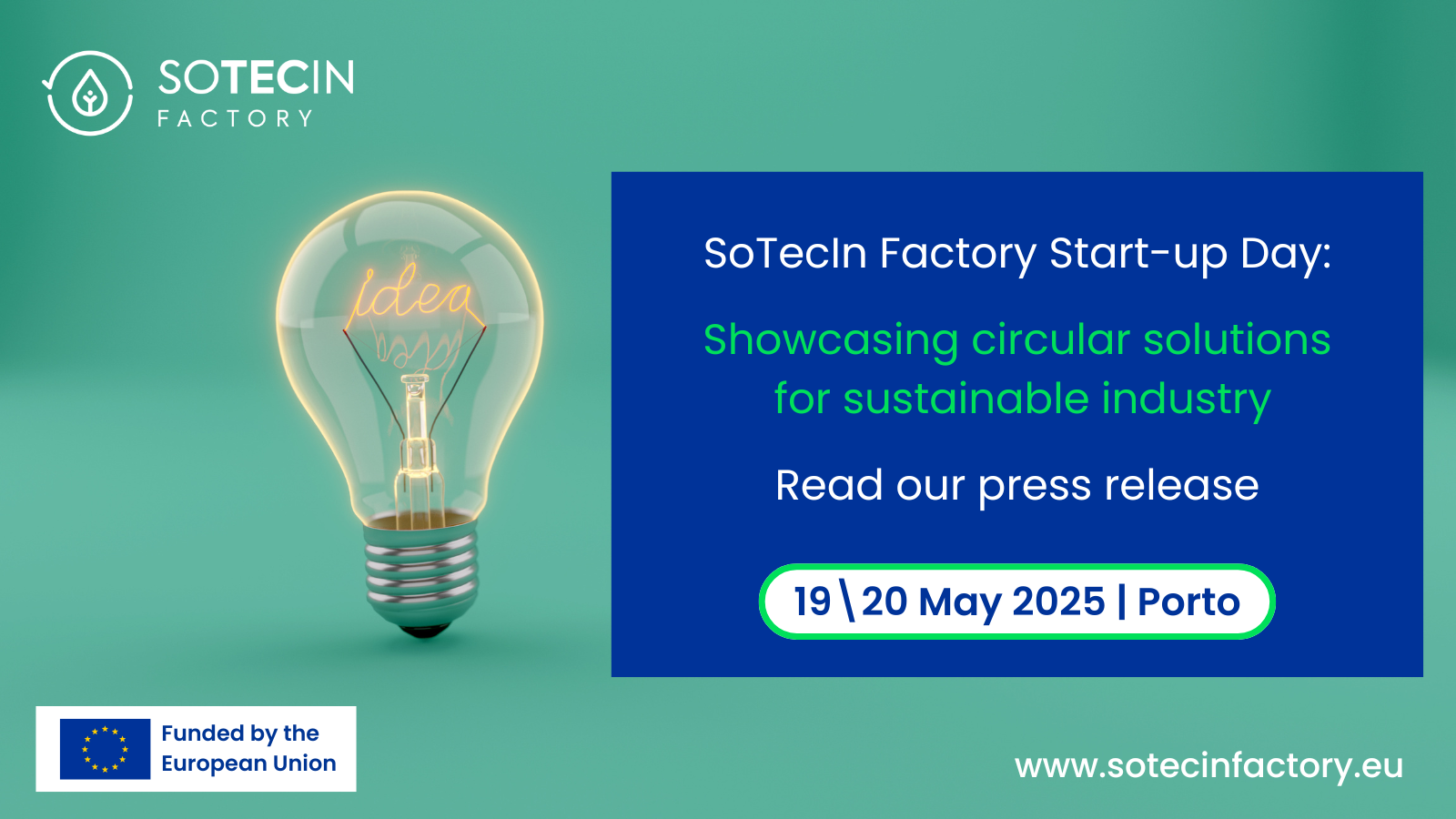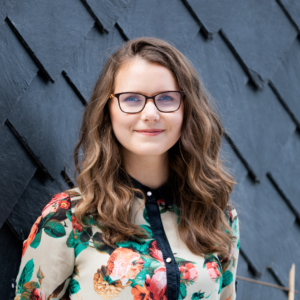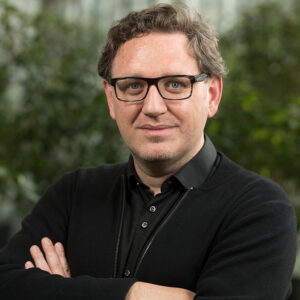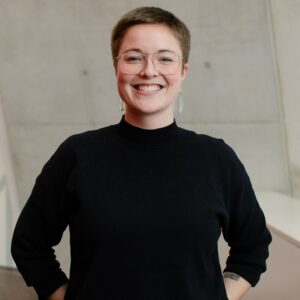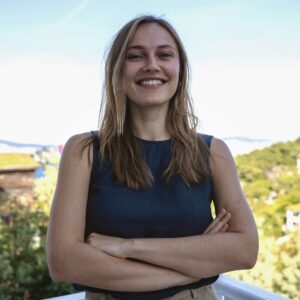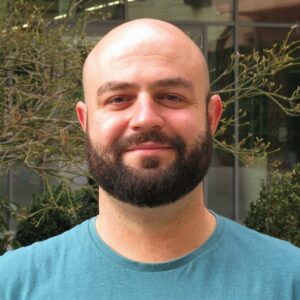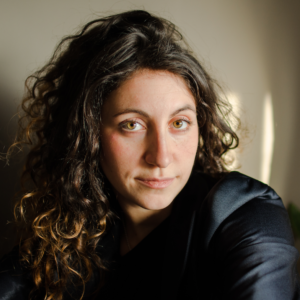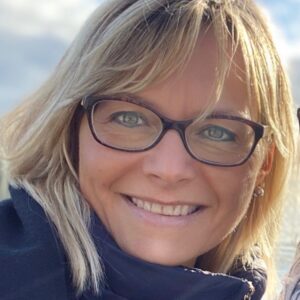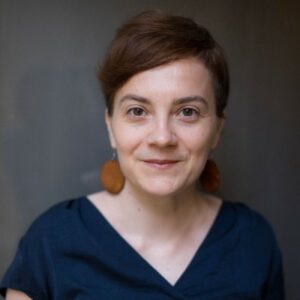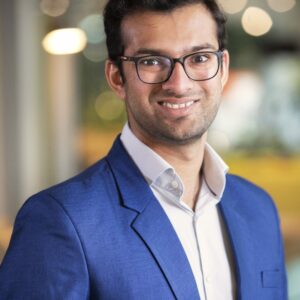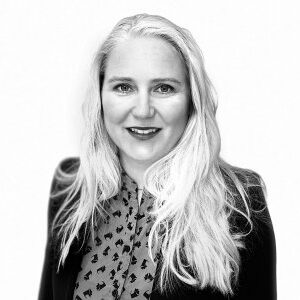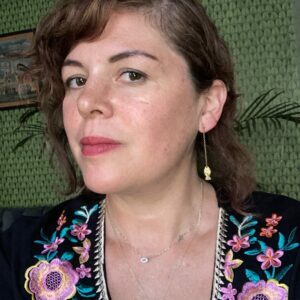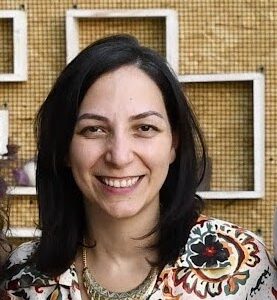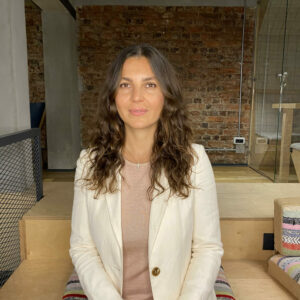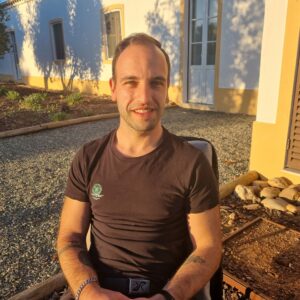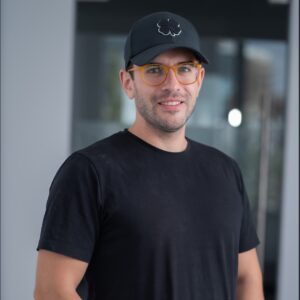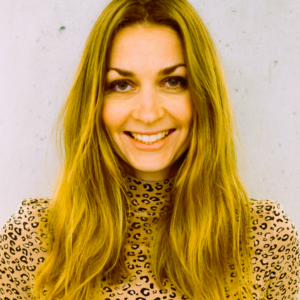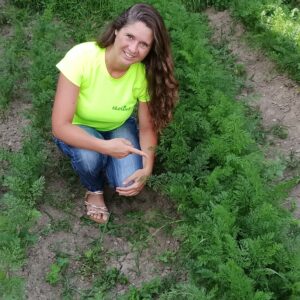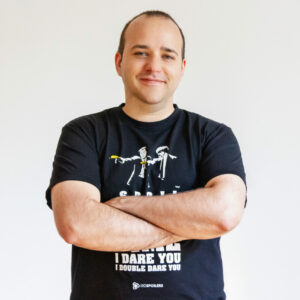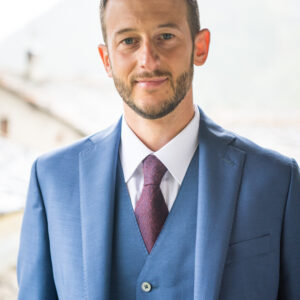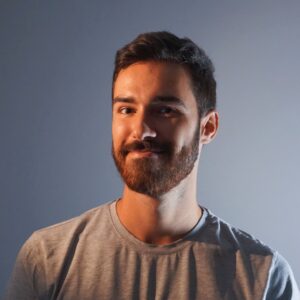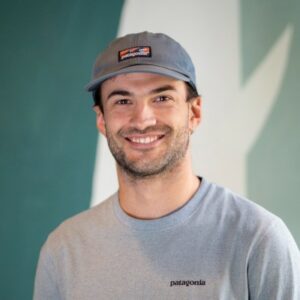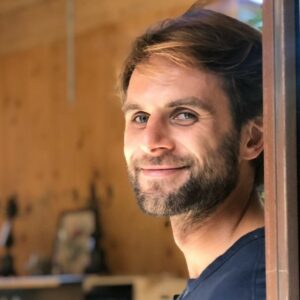
Tailoring Sustainable: Swyco Insights from SoTecIn Factory Phase 1
Find out more about Swyco, their Phase 1 experience and mission for circular industry transformation, as one of SoTecIn Factory Open Call 1 Phase 2 winners receiving up to EUR 85K funding for the pre-market tech demonstration of their social innovation solution.
Can you briefly explain your solution and its key mission? What is your current business model?
Swyco is a circular fashion platform that helps brands manage sustainable practices, including reselling, recycling, and reuse. Our mission is to reduce waste and promote a circular economy in fashion by extending garment lifecycles. We offer a customizable marketplace and data integration tools for brands, generating revenue through subscriptions and transaction fees.
What long-term, systemic change do you aim to achieve in the industry? How has the SoTecIn Factory program, particularly Metabolic’s workshop on building systemic impact strategy, influenced your approach to triggering that change?
Swyco aims to drive long-term, systemic change by embedding circular economy principles into the fashion industry, reducing waste and promoting sustainable consumption. We envision a future where reuse, recycling, and responsible production are the norm rather than the exception.
Our systemic impact strategy centers on scaling our platform to become an enabler for circular practices, offering a hub for brands to collaborate and optimize their circular operations.
In Phase 1, you joined workshops and mentoring to boost your capacity for systemic impact in the EU’s circular industry. What valuable skills, tools, or connections did you gain, and which parts were most helpful?
The SoTecIn Factory program, especially through the workshop and mentorship from Metabolic, has helped us refine our approach by highlighting the need for systemic thinking across supply chains. We now focus on influencing not only individual brands but the entire fashion ecosystem through data integration and impact measurement tools that encourage transparency and circularity.
In your view, what support do social impact ventures with circular economy strategies need to be impactful and resilient? Has SoTecIn Factory Phase 1 provided any insights to improve your business sustainability?
From SoTecIn Factory Phase 1, one specific insight that enhanced our business sustainability was the importance of integrating systemic thinking into our operations. The mentorship emphasized creating partnerships across the value chain, especially with recycling and sustainability measurement tools, which has helped us solidify our platform as a key enabler in the circular fashion industry.
In Phase 1 of SoTecIn Factory, you co-developed your solution with a Market Validator, an industry actor and potential customer. How did this refine your solution and enhance your understanding of sustainable industry challenges? How will it prepare you for building and testing your Phase 2 demonstrator?
In our personal experience, the market validator was already co-developing solution, acting as a beta customer for our platform, thus the workshops together were more continuous feedback sessions from the work we’ve been developing.
What inspired you to adopt social initiatives in your business? Was there a specific moment or experience that sparked this decision?
The inspiration to adopt social initiatives in our business came from witnessing the environmental and social challenges within the fashion industry firsthand. A key moment was recognizing the immense waste generated by fast fashion and the lack of systems to close the loop. Seeing the opportunity to reduce textile waste and extend the life cycle of garments sparked our decision to focus on circular economy principles. This drove us to create solutions that not only tackle environmental issues but also promote sustainability and ethical practices throughout the fashion value chain.
How do you stay focused on your mission for a sustainable industry, and how has the SoTecIn Factory program supported you? Additionally, what were your key takeaways from the Phase 1 Steward Ownership workshop, and why is it an important governance approach for mission-driven businesses, even if you haven’t adopted it?
We stay focused on our mission for a sustainable industry by continually aligning our decisions with circular economy principles and prioritizing long-term environmental and social impact over short-term gains. The SoTecIn Factory programme has been instrumental in reinforcing this focus by providing mentorship, workshops, and frameworks that help us refine our strategy and expand our vision of systemic change.
One key takeaway from the Phase 1 Steward Ownership workshop was understanding the importance of governance structures that protect a mission from external pressures like profit-driven stakeholders. Steward ownership is a governance approach that ensures businesses remain true to their core values, making it ideal for mission-driven enterprises. While we haven’t directly adopted it yet, we believe it’s crucial for safeguarding sustainability efforts and maintaining focus on long-term impact, regardless of leadership or ownership changes.
Balancing your mission with personal well-being can be challenging for social entrepreneurs. What’s your secret ingredient to achieving this balance? Are there any tips, tricks, or tools from the SoTecIn Factory Program—whether from webinars, mentorship, or informal chats—that you’d share with other innovators?
Balancing mission-driven work with personal well-being is indeed a challenge. For me, the key is prioritizing time management and setting boundaries, making sure I carve out time for rest and personal reflection to recharge. Staying connected with the “why” behind our mission also keeps me grounded and prevents burnout.
Sharing experiences and challenges with others who understand the unique pressures of social entrepreneurship has been a great stress reliever.
For the end, what are your expectations of Phase 2 of the SoTecIn Factory programme? What are your general goals for the next 6-12 months?
Our expectations for Phase 2 of the SoTecIn Factory programme revolve around further validating our solution in real-world settings, scaling up its impact, and refining our circular business model. We aim to leverage the resources and networks provided by the programme to establish deeper partnerships, particularly in the areas of sustainable fashion and circular economy practices.
Over the next 6-12 months, our primary goals include expanding our brand partnerships, enhancing our technological platform for increased scalability, and continuing to integrate sustainability measurements across the supply chain. Additionally, we expect to solidify our market presence, grow our team with key hires, and increase awareness of our circular solution within the industry. Ultimately, we aim to make significant strides in our mission to foster a more sustainable and circular fashion ecosystem.

